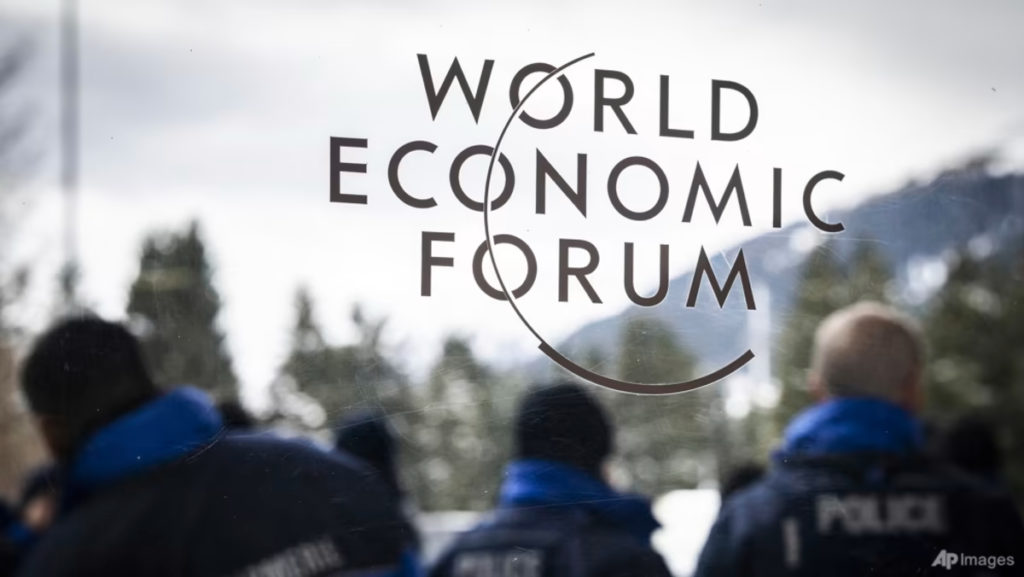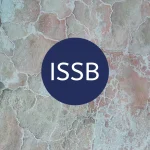World Economic Forum Signs Partnership with Indonesia on Blue Carbon to Support National Climate Goals

- The World Economic is partnering with businesses and governments to engage with the nascent market for blue carbon, the carbon captured and sequestered by ocean ecosystems
- Blue carbon helps raise critical funds to advance ocean protection and conservation
- Indonesia will become first national government to create a partnership with the Forum, leveraging its blue carbon resources in meeting climate goals
The World Economic Forum signed at the Annual Meeting 2023 a new partnership with the Government of Indonesia to support its ambitions to scale blue carbon restoration and ocean conservation efforts.
The partnership is the first of a series being initiated by the Forum’s Ocean Action Agenda to help meet the rapidly increasing demand for high-quality blue carbon credits and projects around the world and connect global blue carbon actors from various sectors.
Blue carbon – the carbon captured and sequestered by ocean ecosystems – stores up to five times more carbon per acre than tropical rainforests. Ecosystems such as mangrove forests, seagrasses and salt marshes are also critical to protecting coastlines from storms and other natural disasters, and act as nurseries for fish stocks, providing a critical food source and jobs, especially for coastal communities.
“Blue carbon holds immense potential for marine ecosystem restoration and coastal community resilience, while contributing to climate mitigation and helping raise critical funds to advance the urgent needs for ocean protection and conservation,” said Kristian Teleki, Director, Ocean Action Agenda, World Economic Forum. “We are excited to partner with Indonesia to start bringing to fruition this win-win-win potential.”
See related article: World Economic Forum 2023 Day Three Highlights from Davos #WEF23
Indonesia, the largest archipelago nation in the world, is a leader in blue carbon and the sustainable ocean economy and is home to the largest blue carbon resources in the world. The Forum announced in November 2022 the launch of Ocean 20 (O20) with the Indonesian government, which was then holding the presidency of the G20, to fast-track sustainable blue economies in the region.
“Indonesia is happy to partner with the World Economic Forum,” said Luhut B. Pandjaitan, Coordinating Minister for Maritime Affairs and Investment of Indonesia. “We have the largest and most diverse mangrove forests in the world, and we are committed to rehabilitating 600,000 hectares of mangroves by 2024. Creating this partnership between Indonesia and the Forum to work on blue carbon will really help accelerate our efforts for climate action.”
The partnership between the Forum and Indonesia will bring together stakeholders across sectors and initiatives that have an interest in blue carbon. This will further develop and coordinate Indonesia’s national roadmap detailing national priorities, which in turn will catalyse strategic financing.
“As a global leader in blue carbon, having Indonesia as the first national partner with the Forum will set the example of how coordinated action can enhance the contributions of blue carbon for climate, biodiversity and societal benefits,” said Teleki.
The World Economic Forum will continue to work to amplify blue carbon efforts and support countries in achieving their national climate ambitions and coordinate existing initiatives. It will also coordinate with businesses looking for ways to invest in blue carbon projects by supporting the implementation of the High-Quality Blue Carbon Principles and Guidance, recently published in a collaboration between the Forum and several of the world’s leading organizations working on blue carbon.












